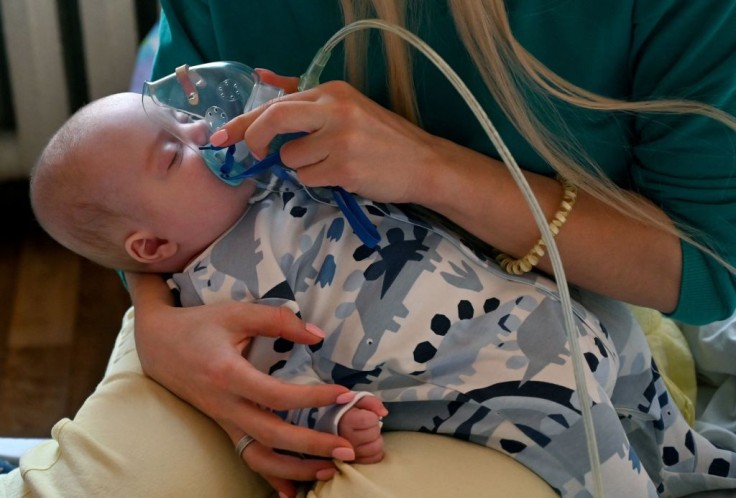
Children who experience respiratory infections at a very young age may be at risk of it again in their adulthood.
Adults who were affected by a lower respiratory tract infection, such as bronchitis or pneumonia, during their infancy may have an increased risk of premature death due to respiratory disease.
In fact, these types of infections have been found to be linked to one-fifth of all deaths according to a recent study.
However, experts caution that while this decades-long research provides valuable insights into the long-term health effects of such infections, its direct applicability to today's children may be limited.
Nevertheless, it underscores the importance of understanding how early-life health experiences can have lifelong consequences.
Early respiratory infections in children
Based on the research, individuals who had a lower respiratory tract infection (LRTI) before their second birthday have a 93% higher risk of dying from respiratory disease between the ages of 26 to 73.
Smoking habits, birthweight, gender, household overcrowding, socioeconomic position, and other factors were also taken into account in the findings of this research.
The New York Post reported that although not involved in the study, Dr. Purvi Parikh, an allergist and immunologist based in New York, expressed little surprise at the findings.
She pointed out that previous data have already shown that early respiratory viruses could sensitize airways, leading to the development of asthma and COPD in later life.
She also noted that the lungs and immune system are still developing before age 2, which makes them more vulnerable to damage.
According to Dr. Parikh, the damage caused by infections during this developmental stage can lead to lasting effects on lung tissue, impact the immune system, and including scarring and inflammation.
The researchers also suggest that such infections during childhood may result in impaired lung function in adulthood, which in turn could increase the likelihood of respiratory disease.
The study found that the most common causes of respiratory-related death were chronic obstructive pulmonary disease (COPD), bronchiectasis, interstitial lung disease, respiratory disease due to external agents, acute lower respiratory tract infection, and other respiratory diseases.
Manifestations of respiratory infections in adulthood
As defined by Temple Health, LRTI is a type of infection that affects the airways below the larynx, including the trachea and the alveolar sacs.
These infections are transmitted by tiny droplets and can be passed from person to person through sneezing, coughing, and indirect contact with surfaces.
The research on lower respiratory tract infections and premature death suggests that early-life health experiences can have a lasting impact on respiratory health.
The study, which was conducted by researchers from London and led by Dr. James Peter Allinson of the National Heart and Lung Institute at Imperial College London, analyzed data from the Medical Research Council National Survey of Health and Development.
According to CNN, Dr. Christian Sandrock, a pulmonologist at the University of California Davis Medical Center, commented that children today are vaccinated for pneumococcal pneumonia and pertussis, which may impact the prevalence and severity of LRTI.
However, the study serves as a reminder of the importance of managing respiratory health throughout one's life.
While the research may not directly apply to children today, it highlights the potential long-term consequences of early-life LRTI.
LRTI-related deaths accounted for one-fifth of the deaths in the study, with chronic obstructive pulmonary disease (COPD) being the most common cause of respiratory-related death.